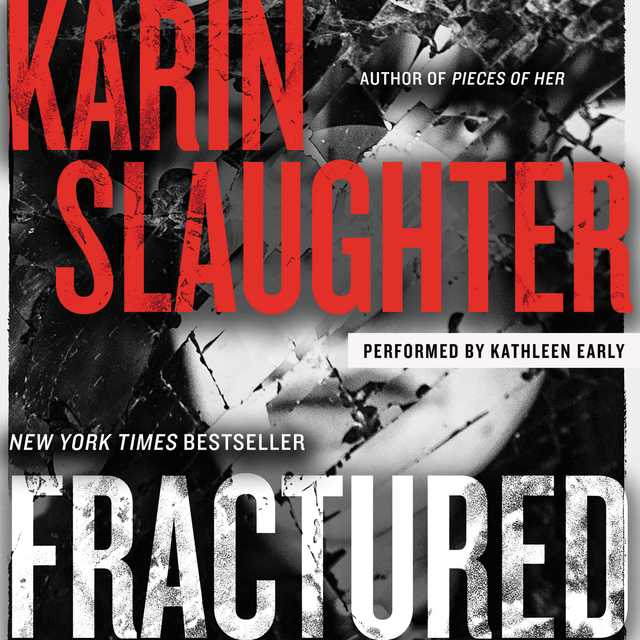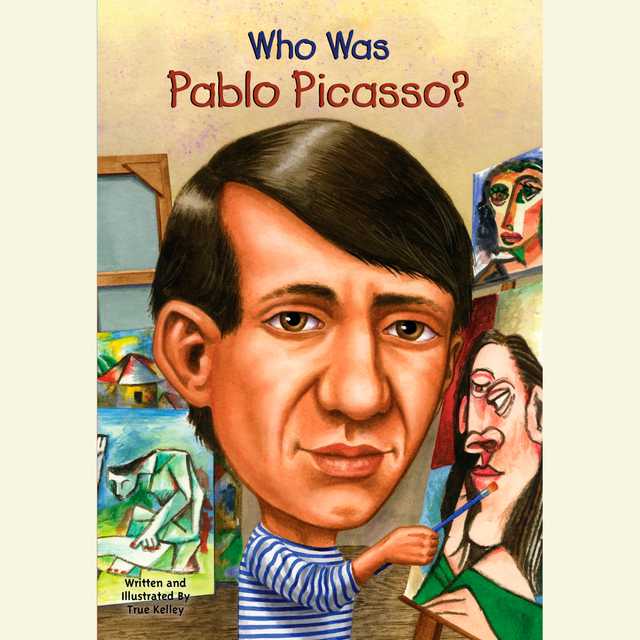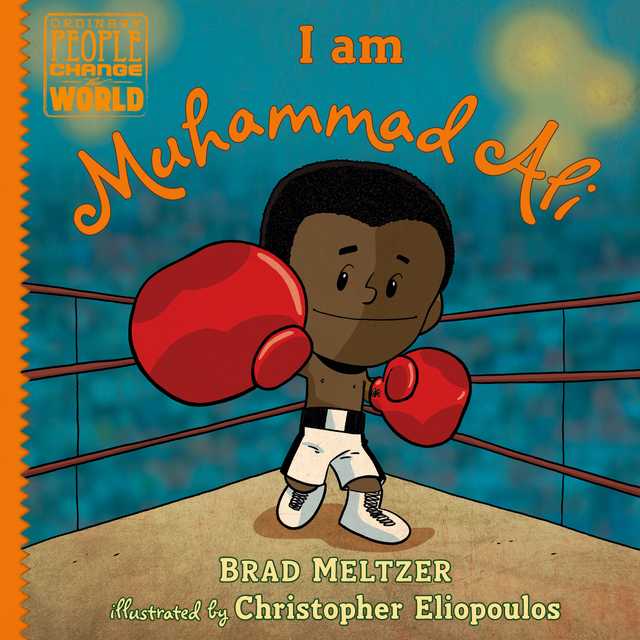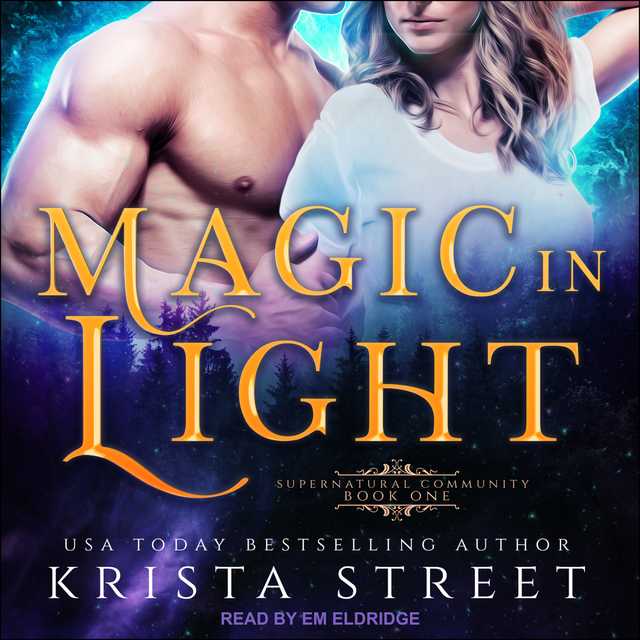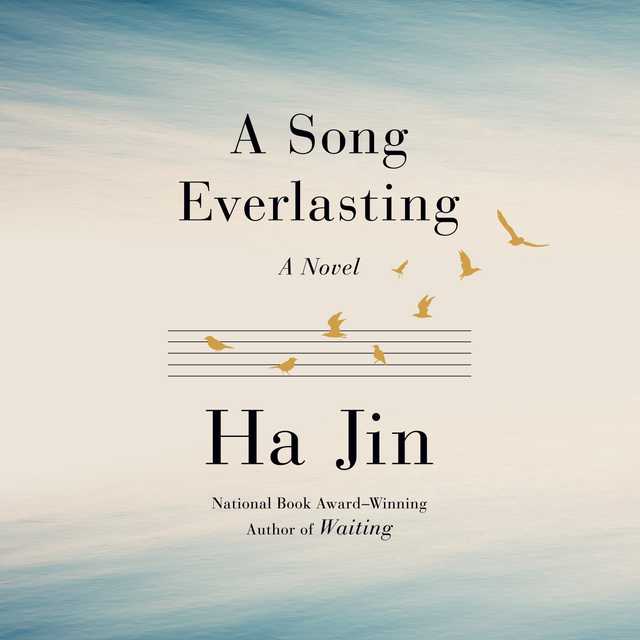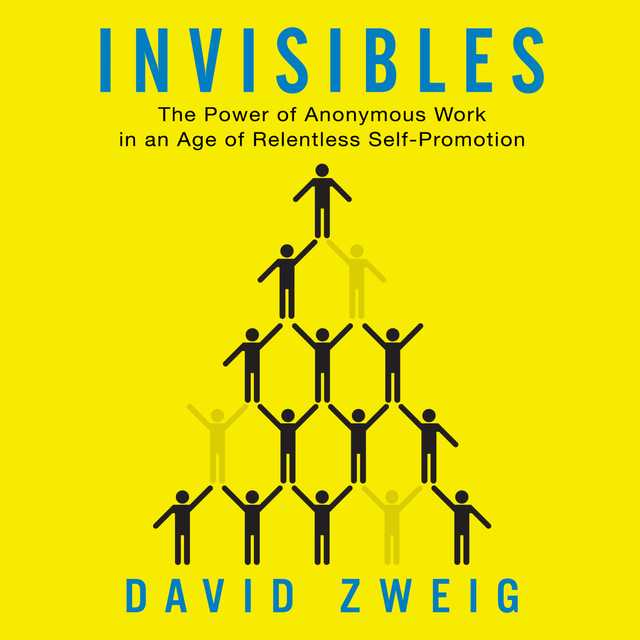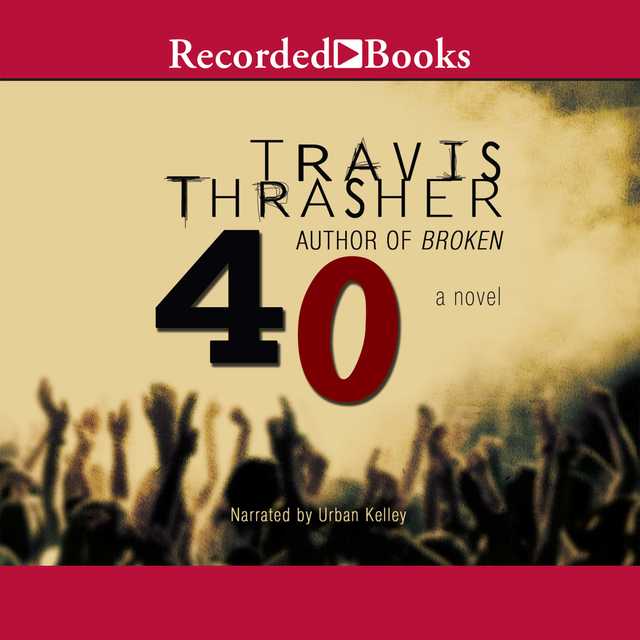Soul at the White Heat Audiobook Summary
A new collection of critical and personal essays on the writing life, from National Book Award–winning and New York Times bestselling author Joyce Carol Oates.
“Why do we write?”
With this question, Joyce Carol Oates, in this new collection of seminal essays and criticism, begins an imaginative exploration of the writing life and all its attendant anxieties, joys, and futilities. Leading her quest is a desire to understand the source of the writer’s inspiration–do subjects haunt those that might bring them back to life until the writer submits? Or does something “happen” to us, a sudden ignition of a burning flame? Can the appearance of a muse-like Other bring about a writer’s best work?
In Soul at the White Heat, Oates deploys her keenest critical faculties, conjuring contemporary and past voices whose work she deftly and creatively dissects for clues to these elusive questions. Virginia Woolf, John Updike, Emily Dickinson, Henry James, J. M. Coetzee, Margaret Atwood, Joan Didion, Zadie Smith, and many others appear as predecessors and peers–material through which Oates sifts in acting as literary detective, philosopher, and student. The book is at its most thrilling when watching the writer herself at work, and Oates provides rare insight into her own process, in candid, self-aware dispatches from the author’s writing room.
Longtime admirers of Joyce Carol Oates’s novels as well as her nonfiction will discover much to be inspired by and obsess upon in this inventive collection from an American master. As the New York Times has said of her essays, “Oates’s writing has always seemed effortless: urgent, unafraid, torrential. She writes like a woman who walks into rough country and doesn’t look back.”
Other Top Audiobooks
Soul at the White Heat Audiobook Narrator
Susan Ericksen is the narrator of Soul at the White Heat audiobook that was written by Joyce Carol Oates
Joyce Carol Oates is a recipient of the National Medal of Humanities, the National Book Critics Circle Ivan Sandrof Lifetime Achievement Award, the National Book Award, and the 2019 Jerusalem Prize, and has been several times nominated for the Pulitzer Prize. She has written some of the most enduring fiction of our time, including the national bestsellers We Were the Mulvaneys; Blonde, which was nominated for the National Book Award; and the New York Times bestseller The Falls, which won the 2005 Prix Femina. She is the Roger S. Berlind Distinguished Professor of the Humanities at Princeton University and has been a member of the American Academy of Arts and Letters since 1978.
About the Author(s) of Soul at the White Heat
Joyce Carol Oates is the author of Soul at the White Heat
More From the Same
- Author : Joyce Carol Oates
- A Bloodsmoor Romance
- Big Mouth & Ugly Girl
- Will You Always Love Me?
- Beautiful Days
- The Accursed
- Publisher : HarperAudio
- Abraham
- American Gods [TV Tie-In]
- Dead Ringer
- House of Sand and Fog
- Prey
Soul at the White Heat Full Details
| Narrator | Susan Ericksen |
| Length | 15 hours 13 minutes |
| Author | Joyce Carol Oates |
| Category | |
| Publisher | HarperAudio |
| Release date | September 20, 2016 |
| ISBN | 9780062571878 |
Subjects
The publisher of the Soul at the White Heat is HarperAudio. includes the following subjects: The BISAC Subject Code is Essays, Literary Collections
Additional info
The publisher of the Soul at the White Heat is HarperAudio. The imprint is HarperAudio. It is supplied by HarperAudio. The ISBN-13 is 9780062571878.
Global Availability
This book is only available in the United States.
Goodreads Reviews
Eric
February 04, 2017
Joyce Carol Oates is such a prolific writer that it may surprise some of her readers to discover that she is also a committed and voracious reader. It’s easy to imagine the perennial question which Oates is asked “How do you write so much?” being quickly followed by “How do you read so much?” Soul at the White Heat is a sustained and fascinating collection of nonfiction chronicling not only her reflections as a writer, but her engagement with a wide range of books by authors —some of whom are “classics” and others “contemporaries.” Every analysis or review Oates gives of a single book is scattered with mentions of that author’s other publications as well as a wide variety of other writers and books which provide enlightening points of reference. The collection is filled primarily with book reviews, so the subtitle “Inspiration, Obsession, and the Writing Life” clues the reader into how the compulsion to write is inextricably linked to the desire to read widely and rigorously. Because this collection comes from a writer of such productivity and stature, it can be read in two ways. The first is as an astute survey of writing from some of the greatest past and present practitioners of the craft. The second is as a supplement to Oates’s own fiction, providing fascinating insights into how her perspective on other writing might relate to her past publications. However, underlying this entire anthology is the question of why writers feel inspired to write and what compels us to keep reading.Read my full review of Soul at the White Heat by Joyce Carol Oates on LonesomeReader
Janet
December 22, 2018
This collection of previously published essays, mostly book reviews which examine biographies, and sometimes autobiographies, of creative people--writers classic and contemporary, artists—there’s a review of a collection of the letters of photographer Alfred Steigliz and painter Georgia O'Keefe, lovers, husband and wife, and lifelong mutual muses--even the autobiography of boxer Mike Tyson. I found these essays well-written, all subjects of passionate interest to their author. However, like a candy sampler, each person is going to find things they want to spit out. I for one don't care for coconut-- nor Lovecraft, nor an offbeat biographical novel of Emily Dickinson as adventurer. I put those back, half-eaten. I ate half of an essay about Margaret Atwood's thoughts on speculative fiction/sci fi and JCO's thoughts on same. For me the collection really heated up in her reviews of contemporary fiction, both when they concerned books I’d read, and equally those I had not. It's a pleasure to read reviews of books one has read and and subject one knows well--to compare one's own responses with those of such a extremely keen-eyed, deep-thinking guide as Oates—but also a pleasure to read about books one is unlikely to ever open. A well-done review can give you a taste of that work, a flavor of that subject, expanding your world despite yourself.My favorite offerings—the chocolate toffees, the caramels and truffles—were the reviews of works by contemporary writers Jeanette Winterson, Margaret Drabble, Louise Erdrich, Karen Joy Fowler, Patrick McGrath and Lorrie Moore, and included a visit to the great novelist Doris Lessing by a young, reverential Oates (especially her surprise to note that Lessing had no sense of her own greatness. I savored the 'meta' quality of this vintage piece, as now Oates is in the position where Lessing was, and looking out herself through the windows of greatness). Her review of NW by Zadie Smith was exceptional, and I cannot wait to get my hands on it--the friendship between two girls from a multi-ethnic public housing project in NW London, and how their future selves' relationship and identities continue to be affected by their experiences there. Reviews are as personal as essays, and I learned much about Oates' sense of what a great work is as she reviewed these books. Her take on Lucia Berlin’s gorgeous short story collection A Manual for Cleaning Women was highly instructive. Oates felt the works were largely sketches rather than fully realized short stories capable of standing on their own—gave me a sense of what JCO thinks of as a short story. She felt the collection was more a novel in stories—or an autobiography in stories--where the impact comes through the resonances of one story building on the other stories, that the work as a whole is greater than the sum of its parts--the opposite of many a collection, where the stories look good published on their own, but taken together disappoint, bearing too many similiarities and repetition, basically the same story with a different hairdo. I was surprised to discover I did love her pieces on boxing--one on Mike Tyson's autobiography, one straight essay on Muhammed Ali, and a review of the movie The Fighter-- a flavor of candy I hadn't expected to enjoy.But my absolute favorite piece in of the collection was a long review of an eccentric biography of Joan Didion, “The Last Love Song” by Tracy Daughtery, which naturaly became a discussion of Didion’s art form, and to see one of my literary heroes discuss the work of another literary hero was the biggest chocolate truffle of all. Oates’s understanding of Didion’s art was clearly a critique assembled from forty years of reading, and it becomes a three way discussion with the biographer’s own take. She finds the biographer himself has taken on the style of his subject, which would be a good subject for fiction itself.
Shane
September 21, 2017
This book is a treat for writers; written by a prolific writer, analytical reader, and dedicated teacher of the craft.Having made that pitch however, I would like to qualify that this book also appears to be a loose collection of essays and reviews, previously published in journals and newspapers, that have been put together in a rather disjointed three-part anthology to add another book to her considerable oeuvre. In the first part—the best part for me—we explore the writing life. The central question here is whether it is the observed and experienced life that informs our writing or are we guided by some supernatural muse? The author seems to believe that both points of view hold depending on the work being created, and on the particular writer.The second part, which forms the bulk of the book, is comprised of essays and reviews of books and authors that Oates has either been commissioned to write about or ones that have caught her particular fancy. There is no particular theme here, the authors under her microscope come from both sides of the Atlantic (I didn’t see any from Latin America or Asia): Simenon, Updike, Lessing, Coetzee, Barnes, Drabble, Didion, Atwood and Amis, and some lesser known ones like Patrick McGrath, Janette Winterson, Lucia Berlin and Jerome Charyn (at least, lesser known to me, but now placed on my to-be-read list, thanks to this book). The genres range from crime to gothic, to memoir, to suburban, to satire, to indigenous, to the old western. The insight and commentary Oates brings to these works and to their creators is commendable. Towards the end of this part of the book we drift from the literary greats to three pieces about boxing; the subjects are Mike Tyson, Micky Ward, and Muhammad Ali. These boxing pieces are written as if by a sports reporter rather than a professor of literature, and I marvelled at Oates’ grasp of the sport. I learned a few things too: Simenon characterized himself as a psychopath; in England writers tend to work in publishing houses while in America they work in college creative writing programs; Joan Didion’s protagonists in her novels are all, well...Joan Didion; champion boxers make millions for others and often end up in debt. The final part, another departure from the first two, details a guided tour of San Quentin Prison, including a “walk around the block” of overcrowded Cell Block C, a flit past Death Row, and a visit to the execution room to peer into the murky bell chamber where the condemned are either gassed, electrocuted or lethally injected depending on what disposal method has been sanctioned at the time. You get to sit in the front row seats which are reserved for the families of the victims so that they can put closure to their loss. We learn that new inmates must join one of the inside gangs for their own safety, and that COs (Corrections Officers) help fuel the drug business inside and smuggle in the “tools” for the inmates to practice their trade. “Do not look,” “Stay away from the bars” and other commands issued by the tour guide create a sense of fear and a dividing line between those on the outside and the incarcerated. It is as if when a convicted person enters San Quentin he loses all humanity and becomes another species, never to return to the old life again. A very scary piece to end this book, but given Oates’ penchant for the gothic, it has her stamp all over it. I got the sense in reading this collection that Oates is now at a point in her career where she does not need to care for structure and coherence. The depths of her insights are sufficient to hold our interest, hence this rambling book where every chapter is a new gem, to be read with great interest.
Britta
September 30, 2016
Oates' new collection of essays - a compilation of her more recent literary criticism-essays (classics and contemporary authors) and some texts on the writing life - focusses on her quest to understand the source of a writer's inspiration, while analyzing and srutinizing her own writing and that of others. For fans of JCO and those who love to read thorough, in-depth essays about books and writing.
Carolyn
October 24, 2017
Essays mostly about the writing life. An odd assortment: reviews of books about writers' lives, bios, autobios, novels. And a few boxers thrown in. And San Quentin. Enjoyed most the Classics sections - recent books about the usual writers. I The Writing LifeII ClassicsIII ContemporariesIV Real Life
Lenore
December 23, 2016
My favorite essay is JCO's wonderful review of Jerome Charyn's "The Secret Life of Emily Dickinson." So glad it made this wonderful collection.
Corrado
August 23, 2022
If you’ve never read anything by JCO don’t start here, unless you’re doing English or Western Literature 101 at Harvard or Stanford. JCO is both a writer AND a 'professor emerita', ok? So take this collection of essays for what it's worth, save your notes and stop whining.
Howard
February 26, 2018
Every notable writer of literary essays either aspires to, or ends up writing for The New York Review of Books, and Joyce Carol Oates is no exception. In this collection, her interests are ecumenical: from Emily Dickinson’s poetry and Louis Erdrich’ s Native Americans to H.P. Lovecraft’s shambling monstrosities and the short-story artistry of Ralph Ellison and John Updike.The extended Lovecraft essay is worth the price of admission for anyone interested in horror or fantasy fiction — or familiar with Oates’s own fascination with gothic horror. Her most recent foray was The Accursed, whose atmospherics and portrayals of irreconcilable evil own much to Lovecraft and his Cthulhu mythos. Many writer acknowledge Lovecraft’s influence without taking the stories themselves too seriously. Oates, by contrast, pays close attention to their artistry and limitations, along with an insightful and sympathetic commentary into the life a strange of often highly unlikable man.She concludes with one of particular obsessions: boxing. The essay on Muhammad Ali is fine, but joins a groaning shelf on of other celebratory writings. The discussion of Mike Tyson, however, apparently based on at least one interview, is vastly more revealing. Oates explains how Tyson’s relationship with aging trainer Cus D’Amato made Tyson a champion — and then contributed to his downfall when D’Amato died and Tyson found himself alone in the crazed world of championship boxing.Oates explores her own writing career without necessarily giving away any particular key to her staggering productivity. I’m reminded of a slender book by Michael Frayn, called The Trick of It, in which an academic marries the creative writer he has studied for his professional career. But he still can’t learn how she transmutes experience and imagination into story and fiction. So, too, with Oates, who can lovingly describe his writing study and daily routine without revealing how she follows the Emily Dickinson admonition: “Tell all the truth, but tell it slant.”
Taylor
October 20, 2016
Although I loved the title, and ate up this long book about writing and obsession and inspiration, I felt a little misled. There were moments were the focus was on the craft of writing and that unique thing that makes creatives tick and wane one way or the other. But the majority of the book were critical essays about not authors, but specific works. They were essentially long. poetic, and sometimes polemic book reviews. This is not to say I did not enjoy the book reviews, many discussing books and authors I have never heard of. One thing is clear, Miss Oates is prodigiously well-read. She alludes to dozens of books so casually as to make one think she reads ten titles a day. But I guess what else could you expect from a prolific writer who has been publishing nonstop for over 53 years? She would have to be extremely well-read to produce the beautiful oeuvre she's created thus far. Though I would change the subtitle of the book, the rest is magnificent and unpretentiously smart.
Leo
October 25, 2016
So great to read the product of a great mind when it's been fed so many other great works!
Frequently asked questions
Listening to audiobooks not only easy, it is also very convenient. You can listen to audiobooks on almost every device. From your laptop to your smart phone or even a smart speaker like Apple HomePod or even Alexa. Here’s how you can get started listening to audiobooks.
- 1. Download your favorite audiobook app such as Speechify.
- 2. Sign up for an account.
- 3. Browse the library for the best audiobooks and select the first one for free
- 4. Download the audiobook file to your device
- 5. Open the Speechify audiobook app and select the audiobook you want to listen to.
- 6. Adjust the playback speed and other settings to your preference.
- 7. Press play and enjoy!
While you can listen to the bestsellers on almost any device, and preferences may vary, generally smart phones are offer the most convenience factor. You could be working out, grocery shopping, or even watching your dog in the dog park on a Saturday morning.
However, most audiobook apps work across multiple devices so you can pick up that riveting new Stephen King book you started at the dog park, back on your laptop when you get back home.
Speechify is one of the best apps for audiobooks. The pricing structure is the most competitive in the market and the app is easy to use. It features the best sellers and award winning authors. Listen to your favorite books or discover new ones and listen to real voice actors read to you. Getting started is easy, the first book is free.
Research showcasing the brain health benefits of reading on a regular basis is wide-ranging and undeniable. However, research comparing the benefits of reading vs listening is much more sparse. According to professor of psychology and author Dr. Kristen Willeumier, though, there is good reason to believe that the reading experience provided by audiobooks offers many of the same brain benefits as reading a physical book.
Audiobooks are recordings of books that are read aloud by a professional voice actor. The recordings are typically available for purchase and download in digital formats such as MP3, WMA, or AAC. They can also be streamed from online services like Speechify, Audible, AppleBooks, or Spotify.
You simply download the app onto your smart phone, create your account, and in Speechify, you can choose your first book, from our vast library of best-sellers and classics, to read for free.
Audiobooks, like real books can add up over time. Here’s where you can listen to audiobooks for free. Speechify let’s you read your first best seller for free. Apart from that, we have a vast selection of free audiobooks that you can enjoy. Get the same rich experience no matter if the book was free or not.
It depends. Yes, there are free audiobooks and paid audiobooks. Speechify offers a blend of both!
It varies. The easiest way depends on a few things. The app and service you use, which device, and platform. Speechify is the easiest way to listen to audiobooks. Downloading the app is quick. It is not a large app and does not eat up space on your iPhone or Android device.
Listening to audiobooks on your smart phone, with Speechify, is the easiest way to listen to audiobooks.











